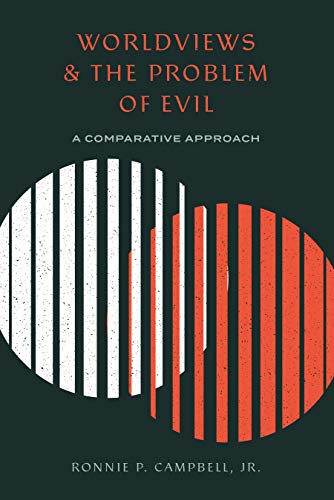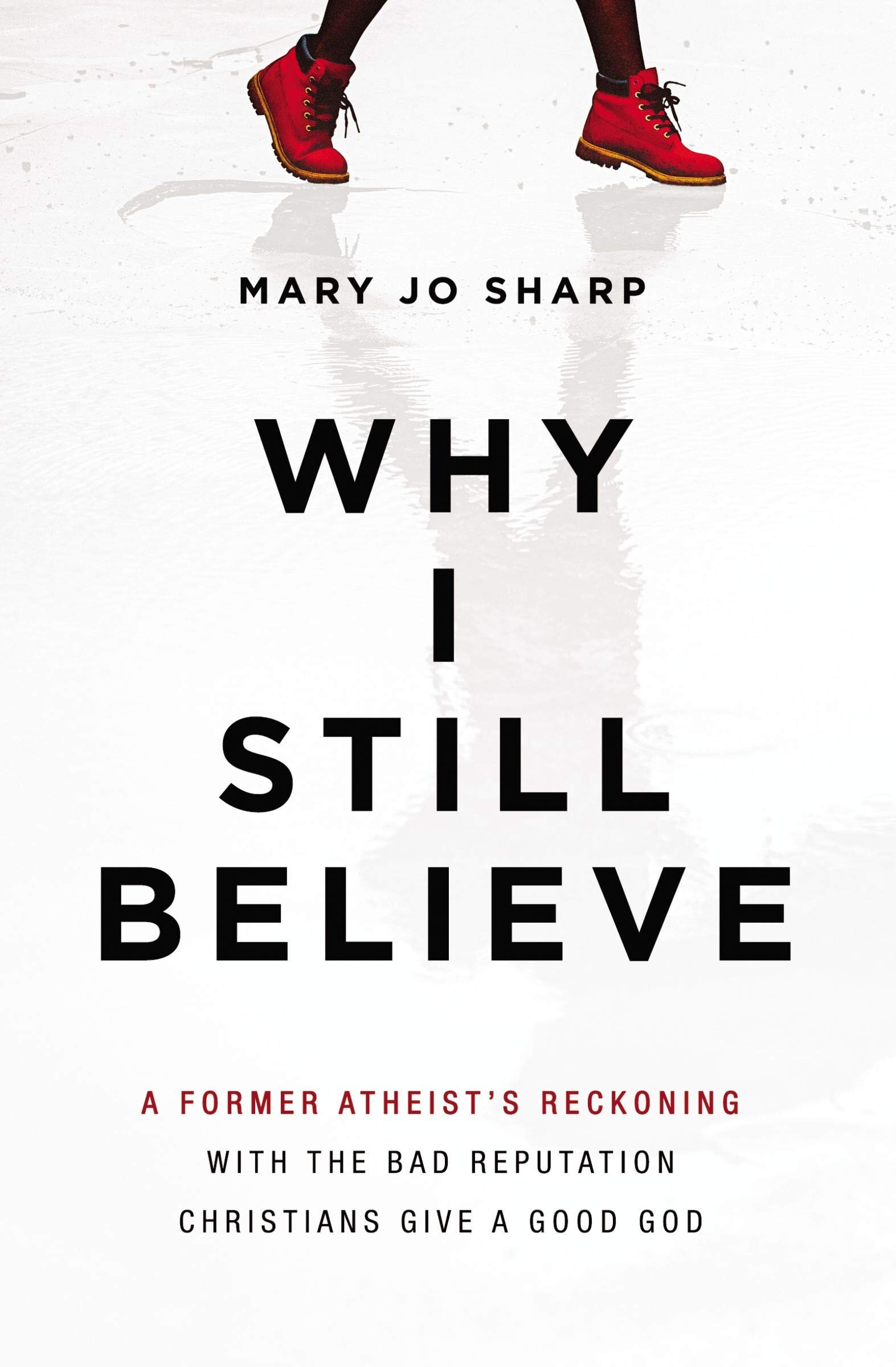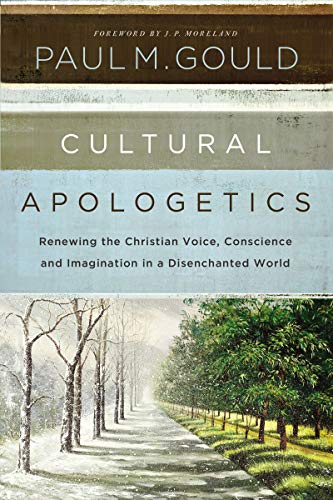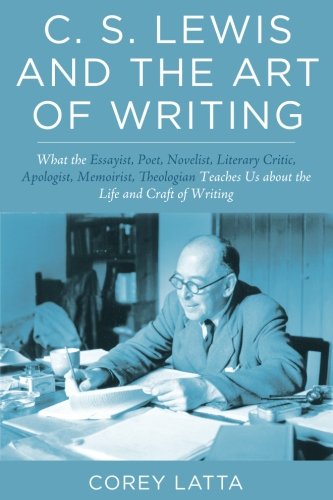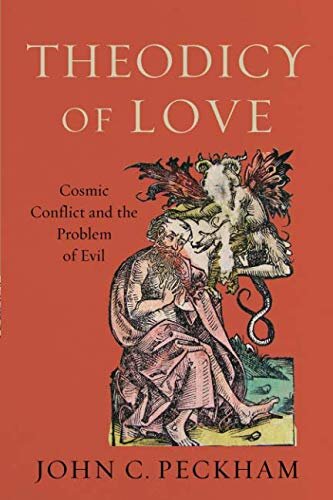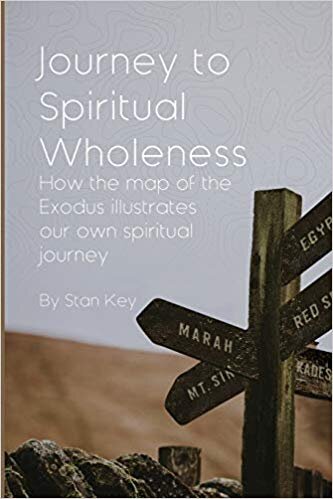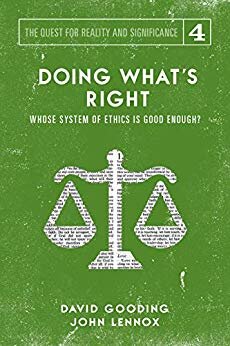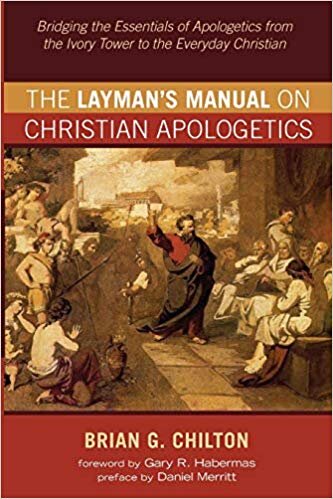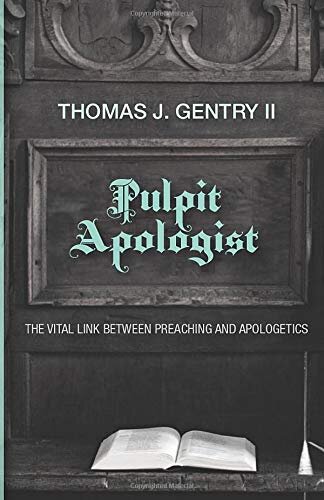The Psychopath Objection to Divine Command Theory: Another Response to Erik Wielenberg (Part One)
/The Psychopath Objection to Divine Command Theory: Another Response to Erik Wielenberg
Matthew Flannagan
Editor’s note: This article was originally published at MandM.org.nz.
Recently, Erik Wielenberg has developed a novel objection to divine command meta-ethics (DCM). DCM “has the implausible implication that psychopaths have no moral obligations and hence their evil acts, no matter how evil, are morally permissible” (Wielenberg (2008), 1). Wielenberg develops this argument in response to some criticisms of his earlier work. One of the critics he addresses is me. In some forthcoming posts, I will respond to Wielenberg’s arguments. In this post, I will set the scene by explaining the argument and the context in which it occurs. Subsequent posts will offer criticism of the argument
Wielenberg’s New Argument from Psychopathy.
Wielenberg calls his new argument the Psychopathy objection. The Psychopathy objection is the latest move in the contemporary debate between Wielenberg and his critics over the defensibility of divine command meta-ethics. By divine command theory, Wielenberg has in mind the divine command meta-ethics (DCM) defended by Robert Adams (1999) (1979), William Lane Craig (2009), William Alston (1990), Peter Forrest (1989) and C. Stephen Evans (2013). This version of DCM holds that the property of being morally required is identical with the property of being commanded by God.
In previous writings, Wielenberg has pioneered the promulgation objection to divine command meta-ethics. (see Wielenberg (2005), 60–65; Morriston (2009); Wielenberg (2014), 75–80). According to this objection, a divine command theory is problematic because it cannot account for the moral obligations of reasonable unbelievers.
In making this argument, Wielenberg takes for granted the existence of “reasonable non-believers” people whom “—have been brought up in nontheistic religious communities, and quite naturally operate in terms of the assumptions of their own traditions.” Similarly, “many western philosophers, have explicitly considered what is to be said in favor of God’s existence, but have not found it sufficiently persuasive.” Wielenberg assumes many people in these groups are “reasonable non-believers, at least in the sense that their lack of belief cannot be attributed to the violation of any epistemic duty on their part.” (Wielenberg (2018), 77)
Wielenberg argues that if the property of being morally required is identical with the property of being commanded by God, then these people would have no moral obligations. Seeing reasonable non-believers clearly, do have moral obligations it follows that, DCM is false.
Why do reasonable non-believers lack moral obligations, given DCM? Wielenberg cites the following exposition of the problem from Wes Morriston:
Even if he is aware of a “sign” that he somehow manages to interpret as a “command” not to steal, how can he [a reasonable non-believer] be subject to that command if he does not know who issued it, or that it was issued by a competent authority? To appreciate the force of this question, imagine that you have received a note saying, “Let me borrow your car. Leave it unlocked with the key in the ignition, and I will pick it up soon.” If you know that the note is from your spouse, or that it is from a friend to whom you owe a favor, you may perhaps have an obligation to obey this instruction. But if the note is unsigned, the handwriting is unfamiliar, and you have no idea who the author might be, then it is as clear as day that you have no such obligation.
In the same way, it seems that even if our reasonable non-believer gets as far as to interpret one of Adams’ “signs” as conveying the message, “Do not steal”, he will be under no obligation to comply with this instruction unless and until he discovers the divine source of the message. (Morriston (2009), 5-6)
I have responded to Wielenberg both in my book and in a recent article. I argued that Morriston’s argument contains a subtle equivocation. In the first line above, he expresses a disjunction. A person is not subject to a command if he does not know (a) who issued it, or (b) that it has an authoritative source. The example he cites, the case of an anonymous note to borrow one’s car, is a case where neither of these disjuncts holds. The owner of the car knows neither who the author is, nor whether its author has authority. We can illustrate this mistake, by reflecting on examples where, a person does not know who the author of the command is, but does recognize that it has an authoritative source.
Consider two counter-examples I offered, first:
Suppose I am walking down what I take to be a public right of way to Orewa Beach, New Zealand. I come across a locked gate with a sign that says: “private property, do not enter, trespassers will be prosecuted.” In such a situation, I recognize that the owner of the property has written the sign, though I have no idea who the owner is. Does it follow I am not subject to the command? That seems false. To be subject to the command, a person does not need to know who the author of the command is. All they need to know is that the command is authoritative over their conduct. (Flannagan (2017), 348)
A second counter-example I provided was;
Suppose, for example, that an owner of one of the beachfront properties in Orewa puts up a sign that states “private property do not enter, trespassers will be prosecuted” and that John sees the sign and clearly understands what it says. He understands the sign as issuing an imperative to “not enter the property.” John recognizes this imperative is categorical and is telling him to not trespass; he also recognizes this imperative as having authority over his conduct, he also recognizes that he will be blameworthy if he does not comply with this imperative. However, because of a strange metaphysical theory, he does not believe any person issued this imperative and so it is not strictly speaking a command. He thinks it is just a brute fact that this imperative exists. Does this metaphysical idiosyncrasy mean that the command does not apply to him and that he has not heard or received the command the owner issued? That seems to be false. While John does not realize who the source of the command is, he knows enough to know that the imperative the command expresses applies authoritatively to him and that he is accountable to it. (Flannagan (2017), 351)
In the first example, I am aware of the command but do not know who issued it. Despite my ignorance of the source of the command, I know it is authoritative over my conduct, and hence can be said to be subject to it. In the second example, John does not believe he is being commanded. However, he discerns the imperative expressed by the command and is aware both that it authoritatively applies to him and that he is accountable for performing it. A person who doesn’t believe in God can be subject to his commands if he discerns the imperative the command expresses and percieves its authority.
Craig, (2018) Evan’s (2013) and Adams (1999) have raised similar counter-examples. In a dialogue at the University of Purdue between with Wielenberg Craig responded by citing my second example and discussed is subsequently on his podcast. Evan’s gives a similar counter-example. He imagines a person walking on the border between Iraq and Iran, who perceives a sign warning him to stay on the path. Because he is on the border, he does not know whether the Iranian or the Iraqi governments posted the command, yet he knows some government has issued it. (Evans (2013), 113-114) Adam’s argues: “We can suppose it is enough for God’s commanding if God intends the addressee to recognize a requirement as extremely authoritative and as having imperative force. And that recognition can be present in non-theists as well as theists.” (Adams (1999), 268) These examples all suggest that reasonable believers can be “subject to God’s commands” without believing or knowing that God exists.
In his most recent work, Wielenberg (2018) appears to concede the problem. He concludes that a reasonable unbeliever does not need to recognize moral obligations as God’s commands to be subject to them. However, he suggests this response to the promulgation objection raises a deeper worry. Wielenberg suggests that, behind the responses of Evan’s, Adam’s, Craig and myself is a “plausible principle” which he labels R.
(R) God commands person S to do act A only if S is capable of recognizing the requirement to do A as being extremely authoritative and as having imperative force.
R enables the divine command theorist to claim consistently that a reasonable non-believer has moral obligations. However, Wielenberg contends this comes at a cost; this is because when conjoined with DCM, R implies that Psychopath’s lack of moral obligations.
According to Wielenberg “the mainstream view of psychopaths in contemporary psychology and philosophy” which is that lack “conscience and are incapable of grasping the authority and force of moral demands”. Wielenberg states, “According to principle (R) above, since psychopaths cannot grasp morality’s authority and force, God has not issued any commands to them, and so DCT implies that they have no moral obligations” (Wielenberg (2018), 8)
Wielenberg summarises his argument as follows:
The Psychopath Objection to Divine Command Theory
[1] There are some psychopaths who are incapable of grasping the authority and force of moral demands. (empirical premise)
[2] So, there are some psychopaths to whom God has issued no divine commands. (from 1 and R) .
[3] So, if DCT is true, then there are some psychopaths who have no moral obligations. (from 2 and DCT).
[4] But there are no psychopaths who have no moral obligations.
[5.] Therefore, DCT is false. (from 3 and 4)
In the next few posts, I will criticise this argument. In my next post, I will argue that the argument is crucially ambiguous in some of its key terms. In a subsequent post, I will argue that these ambiguities undermine the argument.
Notes:
Adams Robert Divine Command Metaethics Modified Again [Journal] // The Journal of Religious Ethics. – Spring 1979. – 1 : Vol. 7. – pp. 6-79,.
Adams Robert Finite and Infinite Goods: A Framework for Ethics [Book]. – Oxford : Oxford University Press, 1999.
Alston William Some Suggestions for Divine Command Theorists [Book Section] // Christian Theism and the Problems of Philosophy / ed. Beaty Michael. – Notre Dame : Notre Dame University Press, 1990.
Craig William Lane Debate: God & Morality: William Lane Craig vs Erik Wielenberg [Online] // Reasonablefaith.org. – February 23, 2018. – 8 10, 2019. – https://www.youtube.com/watch?v=6iVyVJAMiOY.
Craig William Lane This most Gruesome of Guests [Book Section] // Is Goodness Without God Good Enough? A Debate on Faith, Secularism and Ethics / ed. King Robert K Garcia and Nathan L. – Lanthan: : Rowan and Littlefield Publishers Inc, 2009.
Evans C Stephen God and Moral Obligation [Book]. – Oxford : Oxford University Press, 2013.
Flannagan Matthew Robust Ethics and the Autonomy Thesis [Journal] // Philosophia Christi. – 2017. – 2 : Vol. 17. – pp. 345-362.
Forrest Peter An argument for the Divine Command Theory of Right Action [Journal] // Sophia. – 1989. – 1 : Vol. 28. – pp. 2–19.
Morriston Wes The Moral Obligations of Reasonable Non-Believers: A special problem for divine command meta-ethics [Journal] // International Journal of Philosophy of Religion. – 2009 . – Vol. 65.
Wielenberg Erik Divine command theory and psychopathy [Journal] // Religious Studies. – 2018. – pp. 1-16.
Wielenberg Erik Robust Ethics: The Metaphysics and Epistemology of Godless [Book]. – New York : Oxford University Press, 2014.
Wielenberg Erik Virtue and Value in a Godless Universe [Book]. – Cambridge : Cambridge University Press, 2005



